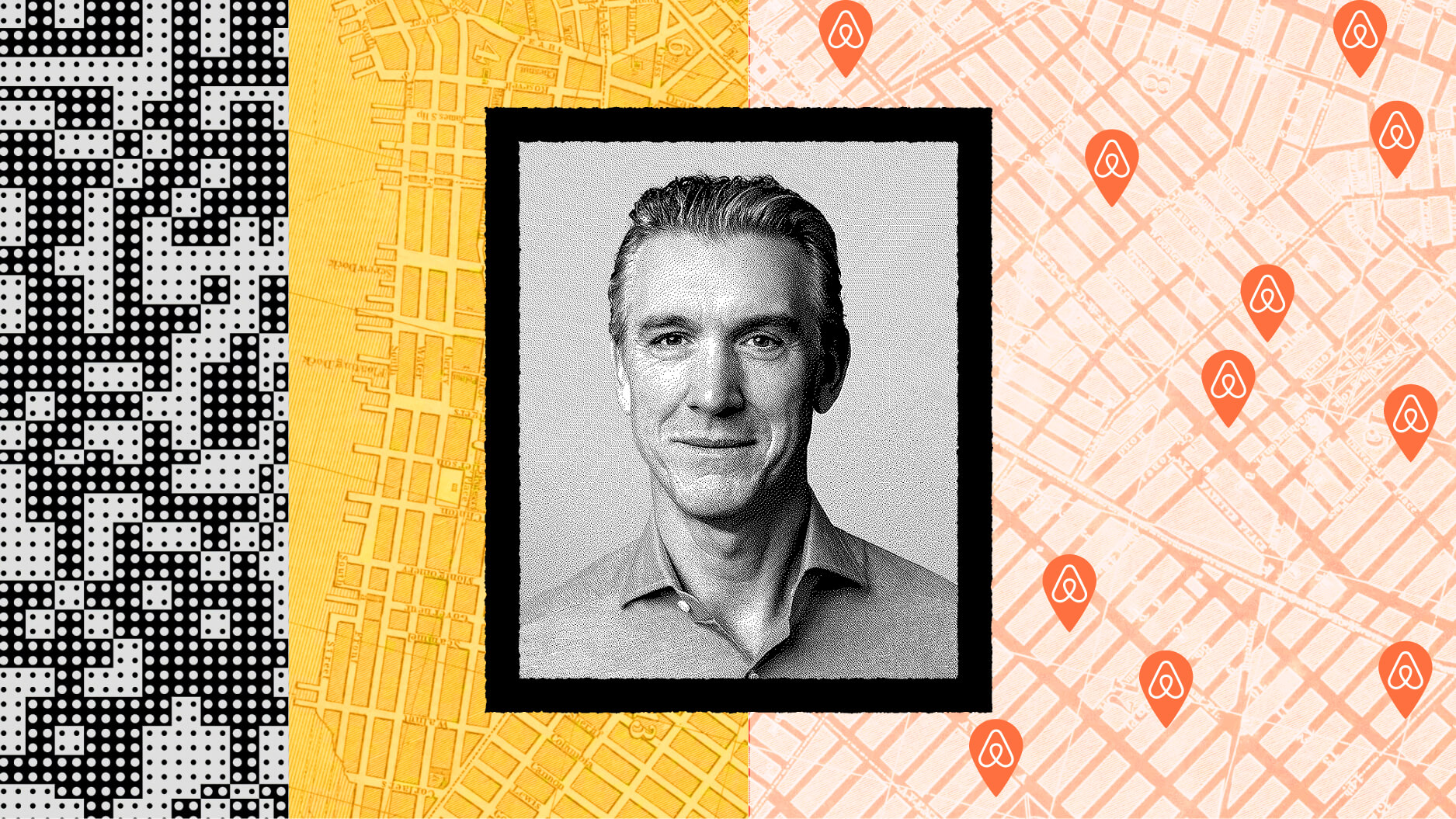The Effects of Travel on Self Perception
Ben Casnocha recently had a post that made me break out the thinking cap. I traveled through western europe for a long trip as part of a gap year. Due to Katrina I ended up cutting the trip short to go help and then for personal reasons I decided to end my gap year early and resume studies at a local college. However my time traveling gave me some unique perspectives on who I am. I picked up habits that in America seem odd. From terms of speech to eating habits I shamelessly stole the elements I liked of other cultures I was exposed to. My core values didn’t change, but some superficial elements did. Since coming back I’ve been asked probably a dozen times if I was another Nationality. This did not happen before I left, so clearly my behavior now sets me outside the norm and makes me seem less American to an observer. So the idea I formed after reading Ben’s Post (it’s a must read; eloquent, succint, and a bit humorous) asked me if it’s possible that I’m less American. By integrating other cultures into yourself, do you lose your own culture?
This goes into the “Americanism” meme that I’ve been following since the q1 Junto (here, here, and here)
There are two angles here. I think America is more tolerant of differences in it’s population, therefore I think it’s easier to enjoy other cultures and maintain your American identity. For example first generation immigrants often still retain a significant amount of their parents original culture, yet they are considered American (at least to me). Therefore I think residing in America gives you more room to play with.
What if you lived in China? India? France? Russia? Brazil? Kenya? The Netherlands? Those cultures may not play as well with others as America does. I’m not Chinese, Indian, French, Brazilian, Kenyan, or Dutch so I can’t pretend to know. My theory is that these cultures have less internal differences and are therefore less likely to appreciate diversity of actions. My guess is the degree of freedom to integrate other cultures into your own while remaining yourself has much to do with the average internal differences (more difference, more tolerance of changing actions/habits to mirror another group) and also the society’s openness to accepting immigrants and new culture (for example I think France would have a harder time then The Netherlands).
The problem with the above two paragraphs is that it’s looking for approval from other citizens, there is an argument to be made for the idea that you are whatever you claim to be. I’m not going to make that argument right now, but it is a valid counter-point.
Ben made a statement in his article that he felt both more American AND more worldly. I think traveling opens up your perception or humanity, because you can percieve how different you are from the people around you you feel more American and long for home. Your also able to enjoy new foods, sights and sounds – which the vast majority of your peers will not experience and as such you feel more worldly then those who have yet to do it.
However while I do think you keep your main cultural identity while you travel, I don’t think you come home the same. The experience changes you, and it does so in a tangible way. When a person lives somewhere abroad for an extended period of time (I don’t know how long this takes, 10 years, 20, 30?) you begin to really integrate the two cultures completely and you begin to lose your identity as a American and instead become a mix between the two.
I would love to have comments from those born and or living in other countries. Please comment, or fwd this on to people who may enjoy it.




